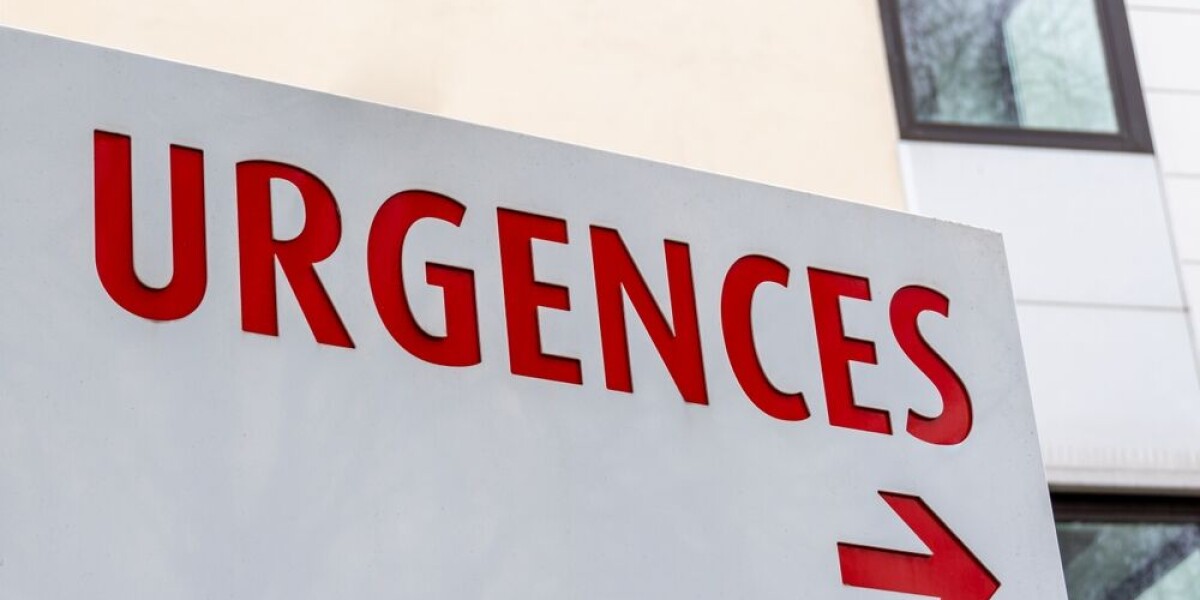
Why do more people in france die on january 3 than any other day?
- Select a language for the TTS:
- UK English Female
- UK English Male
- US English Female
- US English Male
- Australian Female
- Australian Male
- Language selected: (auto detect) - EN
Play all audios:

MORTALITY FROM ALL CAUSES PEAKS TODAY, WITH ONE EXPERT SUGGESTING REASONS BEHIND THE RISK More people in France, statistically, die on January 3 than on any other single day, figures show,
in a phenomenon that has been happening for the past 20 years. There are 1,900 deaths on January 3, on average, in comparison to 1,600 per day across a ‘normal’ period, show figures from
national statistics bureau INSEE. The excess mortality rate (when compared with the previous month) is around 20% for men, and slightly less for women. Mortality per day peaks in the winter
months and dips below average in summer, the data shows. For example, August 15 is statistically the least deadly day of the year, with an average of 1,410 deaths. Around 48,100 people died
in August 2024, compared with 63,100 in January, INSEE said. There are also fewer deaths on public holidays, mainly because fewer people are admitted to hospital and fewer operations take
place. For example, Christmas Day (December 25) has a 2% lower mortality rate than the three days before or after. “In the countries of the northern hemisphere, all-cause mortality peaks at
the beginning of January,” said Dr Vincent Pradeau, president national cardiologist union Syndicat national des cardiologues to BFMTV. He suggested some reasons for the phenomenon despite
“no hypothesis being formally demonstrated”. THE END OF THE FESTIVE SEASON Those towards the end of their lives may have managed to ‘hold on’ until the end of the festive season, having
spent their final days with family. “The desire to spend the festive period with loved ones, and to reach a new year, could delay the death of people at the end of their lives,” said INSEE.
RESTART IN SURGERIES Hospitals and surgical departments are back and operational after the festive break, with a natural rise in complications that can arise from surgery. SEASONAL VIRUSES
The months of December, January and February see excess mortality of 9%, 14% and 12% respectively. This is mainly due to seasonal viruses which spread more easily in colder weather. The cold
can also have other negative effects: “It is cold, which forces the heart to pump harder and faster, leading to vasoconstriction and an increase in blood pressure,” said Dr Pradeau. Read
also: Flu epidemic hits all of mainland France END OF YEAR EXCESS “We move less and we eat more fatty and salty foods, which are risk factors for cardiac issues,” said Dr Pradeau, and
eating more is also associated with higher alcohol consumption. “It's a fact that alcohol increases heart rhythm disorders, particularly atrial fibrillation which can lead to the
formation of blood clots,” he said. Read also: Yes, some French people really do have 13 desserts for Christmas DELAYS IN GOING TO THE DOCTOR Many people delay going to the doctor for
issues over the festive season which leads to an uptick in January. “It does not matter whether it is December 25 or 31, you should still consult a doctor [if you need to],” said Dr Pradeau.
“This is what I call the January 2 syndrome. People with symptoms put off seeking medical attention so as not to spoil the festive season.” He recognised that many healthcare facilities
have interim or skeleton care during the holiday season, which can also make it more difficult to see a practitioner. “But you don't just ignore a sudden loss of vision in one eye, of
speech or of the use of an arm,” he states, referring to the emergency warning signs of stroke or other serious issue. “If you have symptoms, consult a doctor.” Read also: 112, 15, 17: Do
you know the emergency numbers to use in France? In case of serious symptoms at any time - including chest pains, palpitations, loss of breath or difficulty breathing, or sudden troubles
with speech or sight - call: * 18 for emergencies (sapeurs-pompiers, first responders to critical medical emergencies) * 15 for the SAMU ambulance service You can also call: * 17 or the
police or gendarmerie * 112 (Europe-wide emergency number) * 114: Emergency number for people with hearing difficulties
